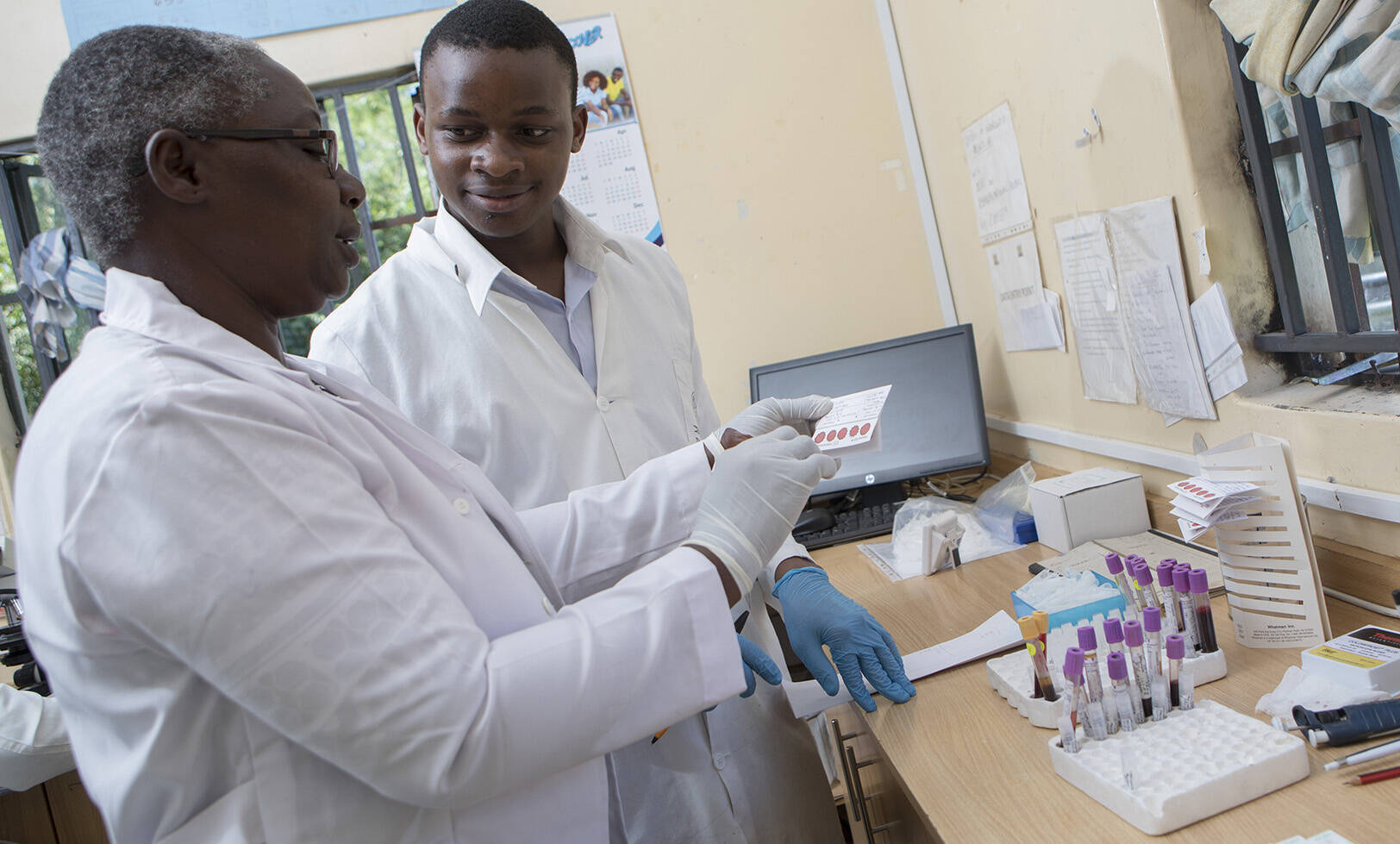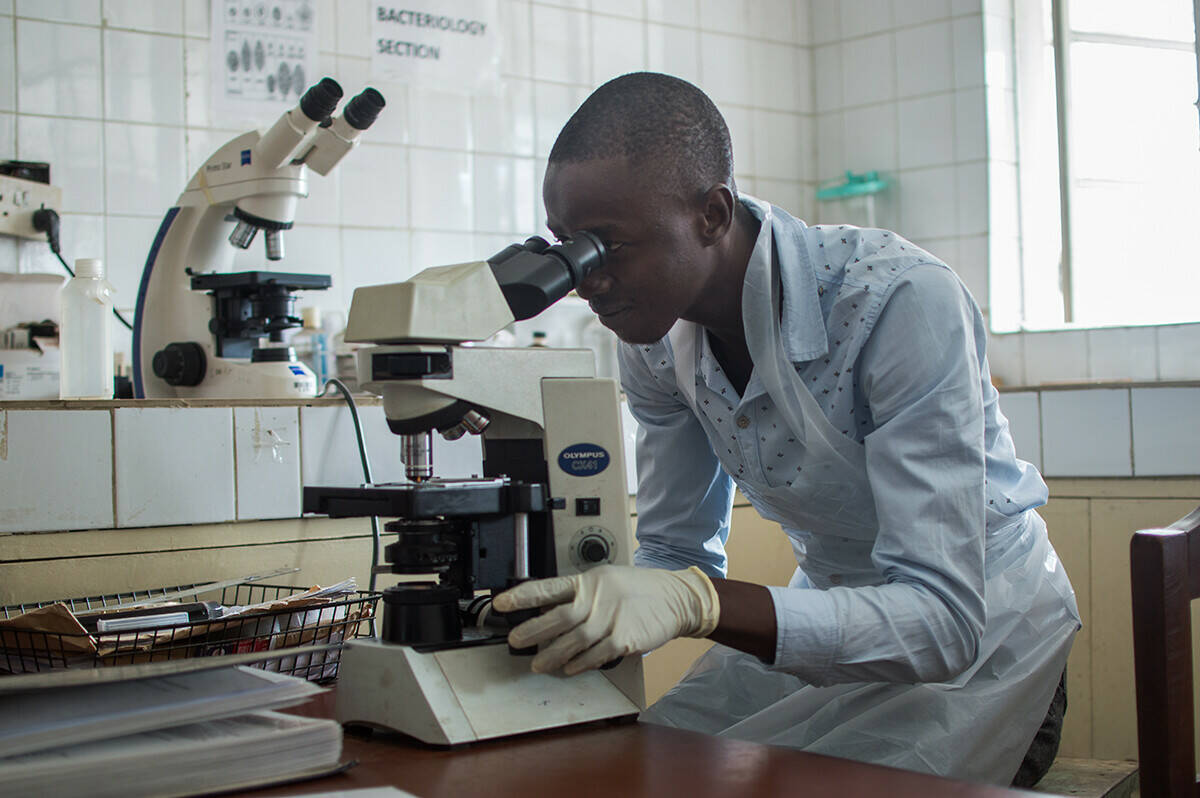Of these 800 kits, 782 (98%) were distributed to 400 men who underwent a baseline interview. After 2 months, 361 recipients were tracked down. At the first follow up, 355 reported that they had received self-testing kits from peer leaders and 352 said that they had actually used the kits to self-test for HIV. The interpretation of test results in the community showed good agreement with that recorded by the project team.
Overall, among the group tested, the prevalence of HIV was relatively high – 14.5%, much higher than in the general population in Uganda; in Kalangala, nearly one in five of those taking a test were found to be HIV-positive. Nearly three-quarters of those testing positive were linked to HIV care.
Notably, nearly 80% of the men interviewed at first follow up had received two testing kits, and 64% gave the second kit to someone else. Of these, 75% gave the kit to a sexual partner. Hence, secondary distribution of kits by men in these fishing communities could help to improve HIV testing uptake among their female sexual partners.
The study results, communicated to ministry of health, local government and other stakeholders at a seminar in September 2023, suggest that the peer leaders approach has great potential as a way to reach fishing communities in Uganda. The results could potentially also pave the way to a larger randomised controlled trial to assess the impact of the approach on health outcomes. With Uganda having more than 4000 fishing communities, ultimately the public health benefits could be very great.

scroll down
A behavioural scientist with a doctorate in public health, Dr Matovu has had a particular interest in the health of Ugandan fishing communities, particularly those around Lake Victoria. Those involved in fishing typically work at night and sleep during the day, so often miss out on health services.
In his earlier studies, Dr Matovu piloted a new approach to increase access to HIV testing, an essential step to ensure that people living with HIV receive the essential care they need. His approach has been to leverage social networks – groups of individuals in a community who routinely interact with each other. Key individuals within these networks – ‘peer leaders’ – are recruited to disseminate HIV self-testing kits through the community.
In his EDCTP fellowship, Dr Matovu has been able to extend his initial pilot study, working with peer leaders in two fishing communities, in Kalangala and Buvuma, island-based communities on Lake Victoria. Across the two sites, 22 peer leaders were enrolled and shown how to use self-testing kits and interpret the results. Each of the peer leaders nominated 20 fellow community members, who registered with the project team and were then directed to collect self-testing kits from a peer leader. Each peer leader was given two kits for each nominee, so 800 kits in total were disseminated.
EDCTP Career Development Fellow Dr Joseph Matovu has found that working with community-based ‘peer leaders’ can be a highly effective way to introduce HIV self-testing into remote fishing communities in Uganda.

HIV testing in fishing communities
